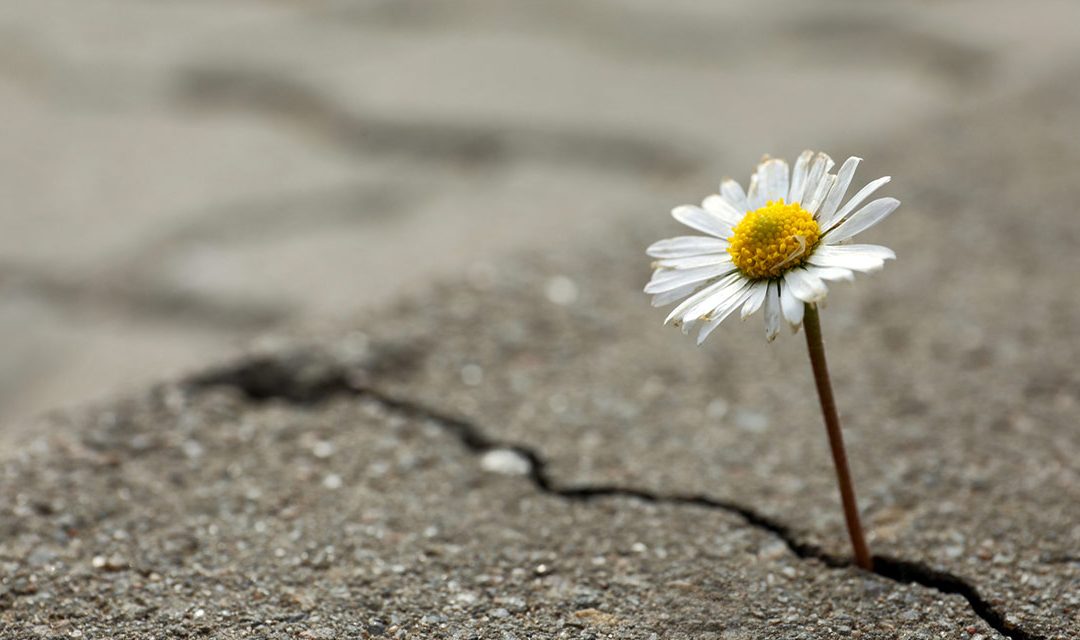Every challenge you face in life, is an opportunity to build resilience.
Every challenge you face in life is an opportunity to build resilience. Over the past few years, resilience has become a buzzword for a very good reason. The COVID-19 pandemic created unprecedented challenges that have tested our physical and mental well-being. The strain on our healthcare systems and the rise in mental health issues have highlighted the importance of resilience in navigating these difficult times.
The Impact of a Crises or Challenges and on Productivity and Well-Being
The pandemic’s impact (as an example) on productivity has been profound. It has forced individuals and organisations to adapt quickly to new working conditions. For many, this meant shifting to remote work, balancing professional responsibilities with household duties, and finding new ways to stay connected with colleagues and clients. The effects of these changes on our productivity and overall work performance are significant and ongoing.
Emerging data reveal the extent of these impacts. Working mothers, for instance, have faced extreme levels of hardship, balancing work with increased household, childcare, and educational responsibilities. Healthcare workers have experienced alarmingly high rates of depression, anxiety, and PTSD. Those with pre-existing mental health conditions or financial struggles have found the pandemic particularly challenging.
What is Resiliency?
Resiliency is our capacity to get through challenging times and return to our baseline state. At its core, resilience requires experiencing hardship or adversity. The COVID-19 pandemic has created conditions of significant disruption and distress, forcing us to activate our psychological immune systems and develop resilience skills in ways we never anticipated.
Building Resiliency: Key Takeaways
We’ve learned a lot about resilience through this pandemic. Here are some key strategies to build personal resilience in your life:
Creativity and Curiosity: A crises or a challenge as Covid – pushes us to find new ways to connect and engage with the world. From virtual events to drive-by celebrations, creativity abounded as traditional forms of entertainment and social interaction were no longer possible. Curiosity, a vital psychological skill, also grew as we took on new challenges and hobbies. When faced with discomfort or difficulty, being curious about the experience and finding creative solutions is crucial.
Capacity to Calm: Creating a sense of calm is essential for psychological regulation. This can be achieved through credible self-talk, mindfulness, and deep breathing practices. The pandemic has given us ample opportunity to explore these techniques, with a wealth of online resources available to guide us.
Connection and Belonging: Social connection is the number one preventative psychological factor in our lives. Regular, authentic connections with others remind us of our shared experiences and struggles, helping us feel less isolated and more supported. Deliberate and intentional connections are particularly powerful in fostering a sense of belonging and resilience.
Hope: Hope is a powerful motivator. Whether it’s hope for a better future, improved fitness, stronger connections, or simply making it through the day, hope helps us look beyond current struggles and believe in a better tomorrow.
Efficacy: Believing in our ability to succeed—known as efficacy—is critical for resilience. This belief helps us tackle daily challenges and work towards long-term goals. When we believe we have what it takes to overcome difficulties, we’re more likely to endure and thrive.
Productivity: Adapting and Thriving
The aftermath of COVID-19 has shown us that productivity isn’t about being constantly busy; it’s about working smarter. Many of us have had to rethink how we manage our time and energy to accomplish more with less. Here are some ways to boost productivity in the post-pandemic world:
- Embrace Remote Work Tools: Utilize project management software, communication apps, and other digital tools to streamline workflows and stay connected with your team.
- Set Clear Goals: Use the SMART criteria to set and track personal and professional goals.
- Prioritise Self-Care: Take regular breaks, practice mindfulness, and ensure a healthy work-life balance to maintain high levels of productivity.
- Stay Adaptable: Be open to new ways of working and continuously seek out innovative solutions to improve efficiency.
The journey to resilience and productivity is ongoing. By incorporating these strategies into our daily lives, we can navigate the challenges of the post-pandemic world and emerge stronger, more adaptable, and more productive.
Stay resilient and stay productive!
Desere
Please note: this blog post is not a substitute for ongoing mental health care, evaluation, or treatment. Always seek the advice of your physician or other qualified health providers with any questions you may have regarding a medical condition.

